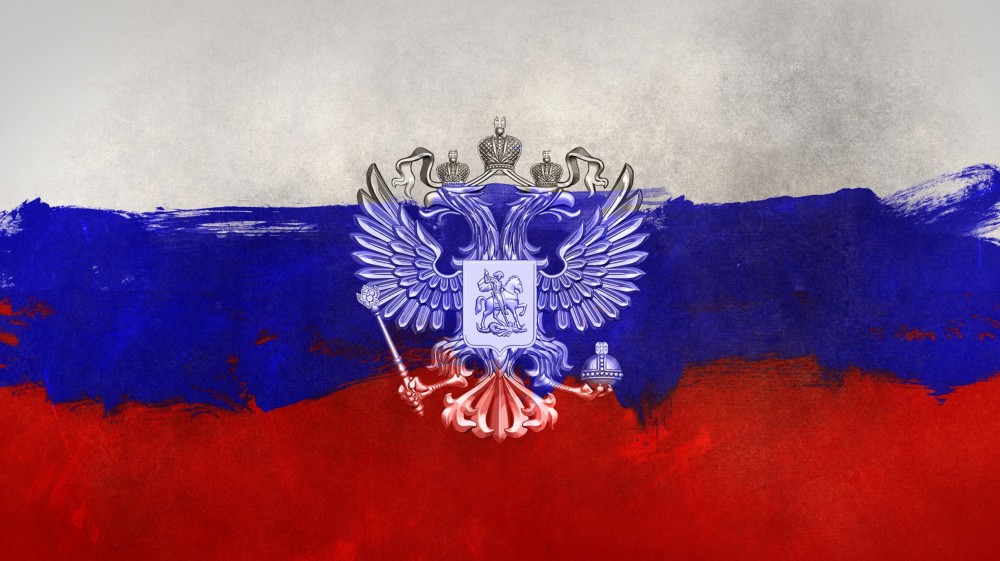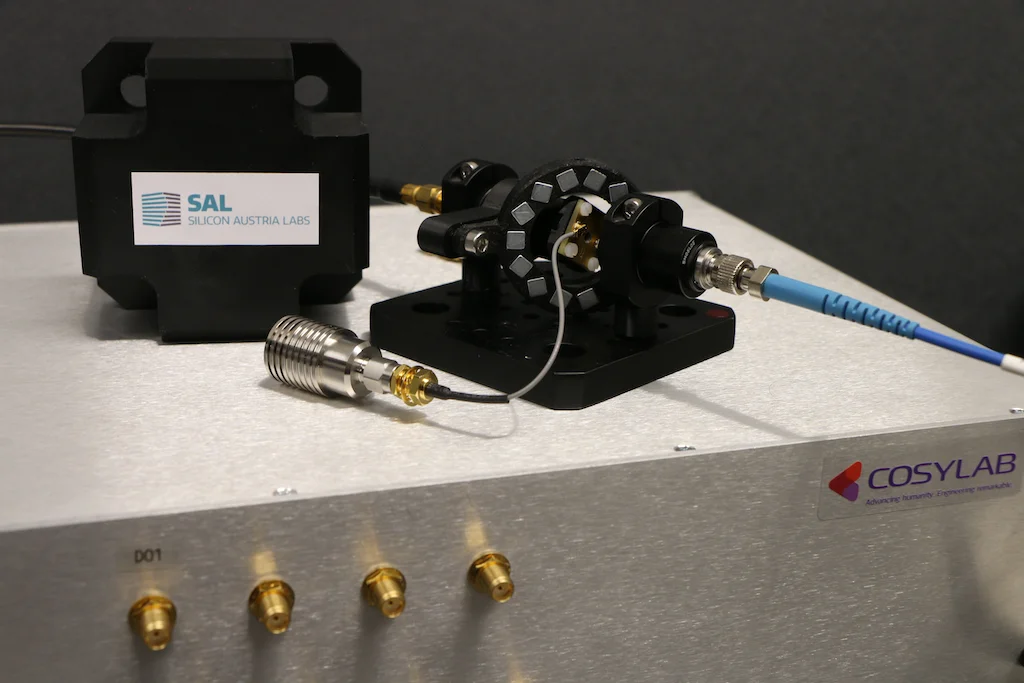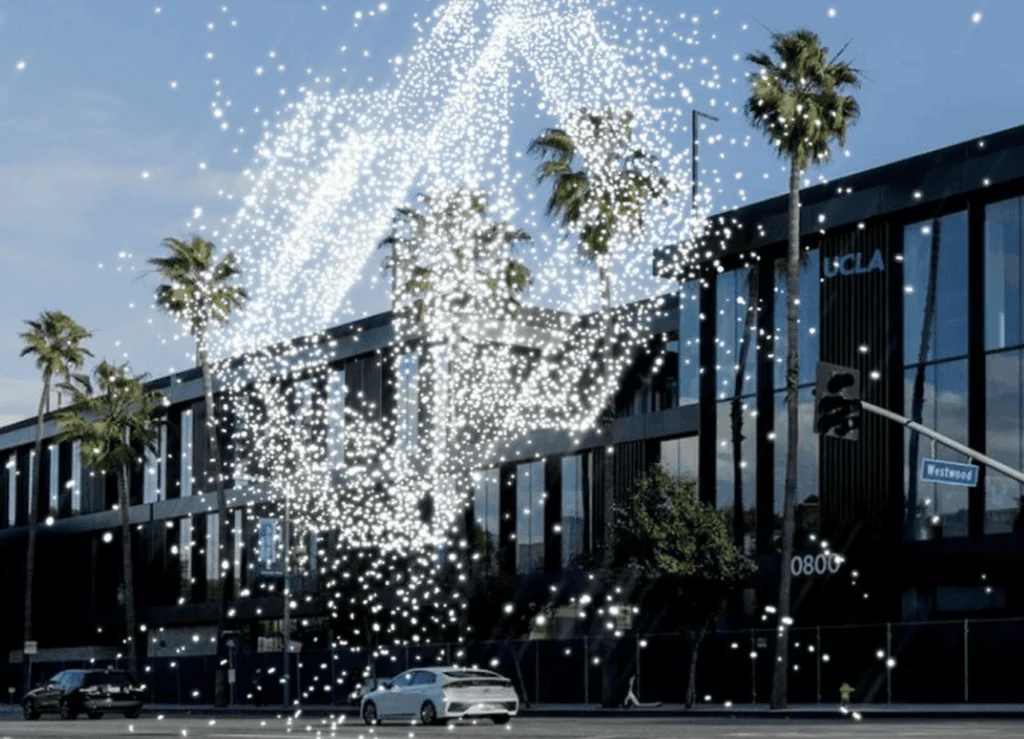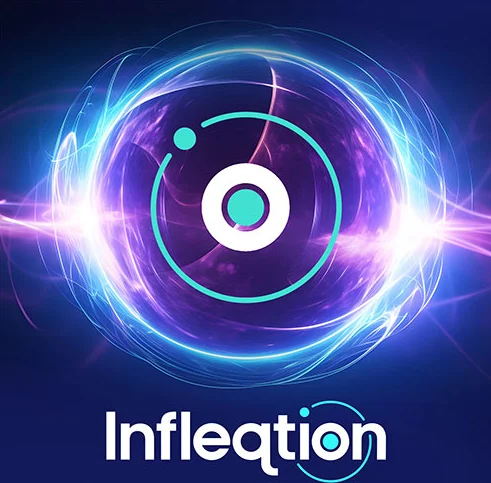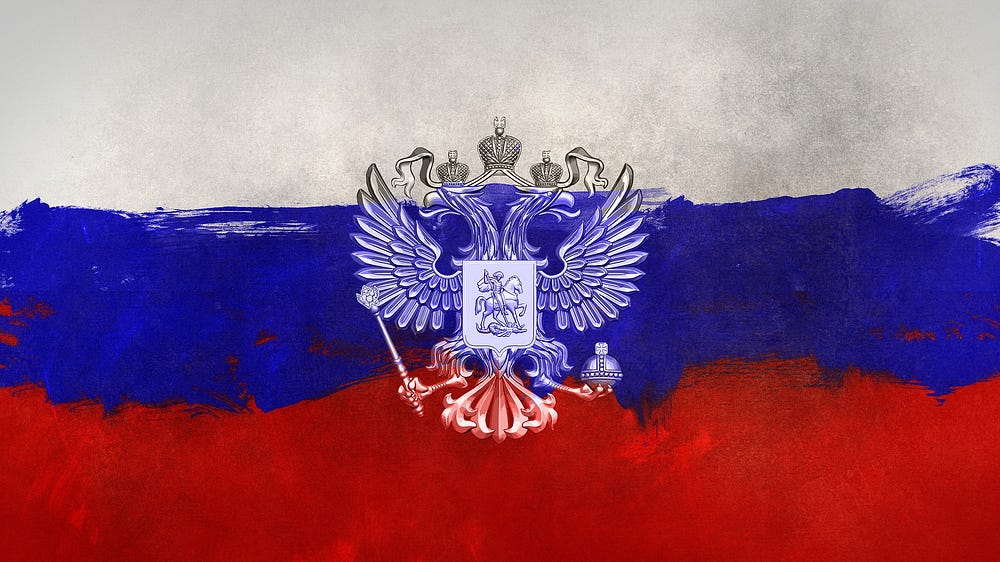
Tsiolkovsky To Ginzburg
In its changing history, the Russian Empire, the Soviet Union, the CIS (briefly), and back to Russia again has been home to some of the greatest scientists the world has ever known: Konstantin Tsiolkovsky, the father of rocketry, the polymath Mikhail Lomonosov, nuclear physicist Andrei Sakharov, and theoretical physicist Vitaly Ginzburg have all played their part — along with a host of others — in their country’s scientific journey.
The pantheon of admirable figures also extends to quantum physicists, too — which Ginzburg is naturally a part of. Others, with names such as Vladimir Fock, Alexei Abrikosov, Yakov Zeldovich, Boris Podolsky, and David Klyshko, have formulated (with assistance, in many instances) theories that are still watertight.
Standing on the shoulders of giants has both its advantages and disadvantages in the scientific arena: the former comes from being able to further develop ideas and theories from those great minds while the latter, at least sometimes, carries the burden as to whether the said person is able to live up them, to go beyond “what they have achieved”. Whatever the case is in Russia these days in quantum physics — and more specifically — in quantum computing (QC) and quantum information science (QIS) — the largest country in the world is already contributing to the field and will continue to do so in the future.
The Skoltech center of Photonics & Quantum Materials (CPQM), part of Skolkovo Institute of Science and Technology established in 2011 as part of a multi-year partnership with the Massachusetts Institute of Technology, is a prime example in this regard.

So, too, is The Center for Quantum Technologies of Lomonosov Moscow State University (MSU Quantum Technology Center), established in 2018 as part of the National Technological Initiative.
MSU Quantum Technology Center
Set up to develop quantum technologies by educational programs and the creation of links with industrial partners in order to commercialize quantum tech, the center’s research focuses on the fields of fibre and atmospheric quantum cryptography, physics of cold atoms, quantum optics, nanophotonics, and nonlinear optics and cryoelectronics, with MSU Quantum Technology Center focused on four main areas:
• the implementation of key integrated research and development projects;
• ensuring legal protection, management of rights and protection both received by the RIA Center and RIA transferred to it for management;
• the development and implementation of basic educational programs of higher education aimed at the formation of competencies in the field of quantum technologies;
• the development of infrastructure for scientific, scientific, technical and innovation activities.
Overseeing all this is MSU Quantum Technology Center’s director Professor Nikolay Sysoev and his team of department heads, principal investigators, and research fellows — all experts in their fields with years of experience.
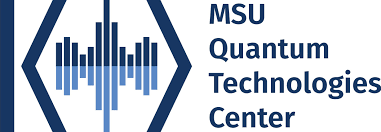
As the Russian state starts to expand out its quantum tech capabilities, aligning itself with what China, the United States and the EU are already doing, it is going to be places like the MSU Quantum Technology Center that will take a leading role, and scientists of Sysoev’s ilk with the responsibility to accomplish the nation’s technological aspirations.
If you found this article to be informative, you can explore more current quantum news here, exclusives, interviews, and podcasts.

